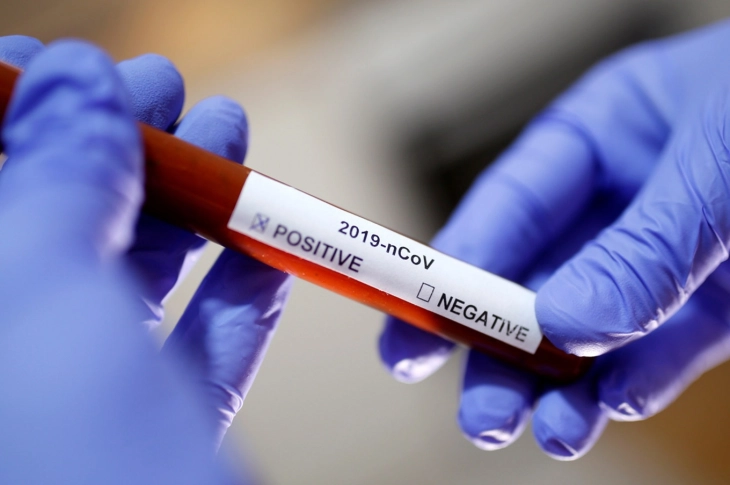Study: Omicron largely evades immunity from recovery or two jabs

London, 17 December 2021 (dpa/MIA) - Omicron largely evades immunity from past coronavirus infection or two vaccine doses, and boosters are key to mitigating the impact of the variant, new research out of England suggests.
The risk of reinfection with Omicron is 5.4 times greater than that of the Delta variant, according to researchers at Imperial College London.
This suggests the protection against reinfection by Omicron from past infection may be as low as 19 per cent.
The study also found no evidence of Omicron having lower severity than Delta, but data on hospital admission was very low at the time of the study.
According to the data, boosters are vital in controlling Omicron, but they may lose some effectiveness over time.
Researchers estimated the proportion of Omicron among all Covid cases in England between November 29 and December 11 was doubling every two days up to December 11.
Based on this they also estimate the reproduction number (R) of Omicron was above 3, over the period studied.
Professor Neil Ferguson from Imperial College London said: "This study provides further evidence of the very substantial extent to which Omicron can evade prior immunity, given by both infection or vaccination. This level of immune evasion means that Omicron poses a major, imminent threat to public health."
There is significantly increased risk of developing a symptomatic Omicron case compared with Delta for those who were two or more weeks past their second vaccine dose, and two or more weeks past their booster dose (for AstraZeneca and Pfizer vaccines), the report found.
Depending on vaccine effectiveness estimates against symptomatic infection from the Delta variant, this translates into vaccine effectiveness estimates against symptomatic Omicron infection of between 0 per cent and 20 per cent after two doses, and between 55 per cent and 80 per cent after a booster dose.
The scientists used data from the UK Health Security Agency (UKHSA) and NHS for all PCR-confirmed Covid cases in England who had taken a test between November 29 and December 11 this year.
Professor Azra Ghani, from Imperial College London, said: "Given the rapid spread of the Omicron variant to date, it is now highly likely that this will replace the circulating Delta variant globally in the coming weeks."
"One remaining uncertainty is how severe the disease caused by the Omicron variant is compared to disease caused by previous variants. Whilst it may take several weeks to fully understand this, governments will need to put in place plans now to mitigate any potential impact. Our results demonstrate the importance of delivering booster doses as part of the wider public health response."







